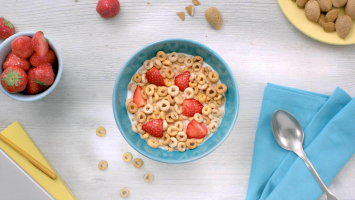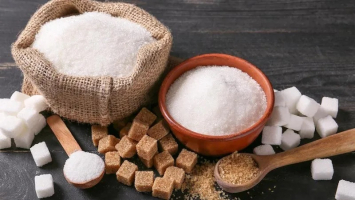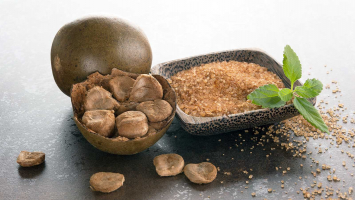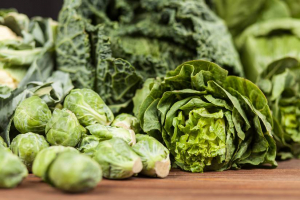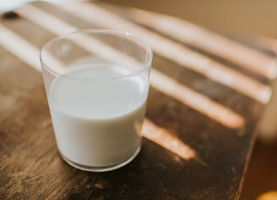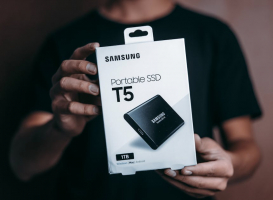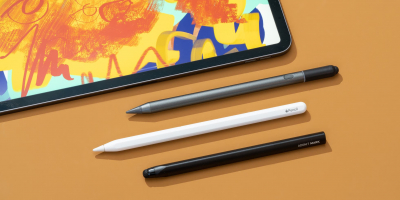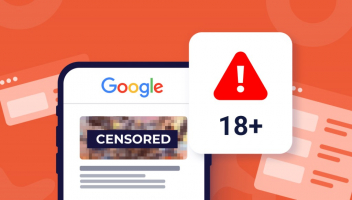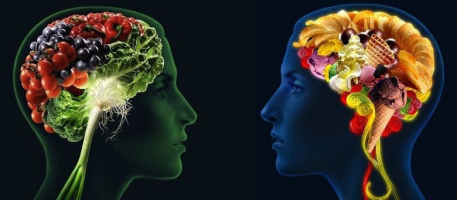Top 10 Ways That Sugary Soda Is Bad for Your Health
Added sugar can have a negative impact on your health when consumed in excess. Drinks with added sugar are by far the worst source of sugar, however, certain ... read more...sources are worse than others. This mainly applies to sugary sodas but also to fruit juices, coffees with a lot of added sugar, and other liquid sugar sources. Here are causes why drinking sugary soda is harmful to your health.
-
The most common added sugar, sucrose or table sugar, contains a significant amount of the simple sugar fructose. Similar to glucose, the sugar that is produced when you digest starchy foods, fructose does not reduce the hunger hormone ghrelin or promote fullness. As a result, because sugary drinks don't make you feel full, when you consume liquid sugar, you often add more to your daily calorie consumption.
In one study, participants who added sugary Coke to their regular diet consumed 17% more calories than they did before. Research shows that those who regularly consume beverages with added sugar gain weight more quickly than those who do not. Each daily serving of beverages with added sugar was found to raise the obesity rate in children by 60% in one study. In fact, one of the diet's most calorie-dense components is sugary drinks.

Sugary Drinks Do Not Make You Feel Full and Are Strongly Linked to Weight Gain 
Sugary Drinks Do Not Make You Feel Full and Are Strongly Linked to Weight Gain -
High-fructose corn syrup and table sugar (sucrose) both contain about equal proportions of the two molecules glucose and fructose. Every cell in your body has the ability to metabolize glucose, but your liver is the only organ that can do the same for fructose.
The simplest and most common way to consume too much fructose is through sugary drinks. Sugar will be turned to fat and stored in adipose tissue if you consume more than your liver and muscles can store as glycogen. Lipogenesis is the name of this process. In other words, excessive sugar consumption results in fat storage. While some of the fat is transported outside of your body as blood triglycerides, some of it is stored in the liver. Nonalcoholic fatty liver disease may eventually result from this over time.
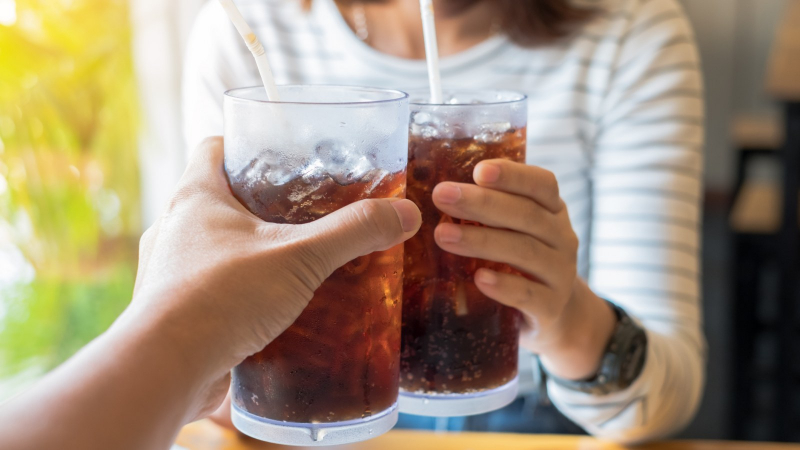
Large Amounts of Sugar Are Turned into Fat in Your Liver 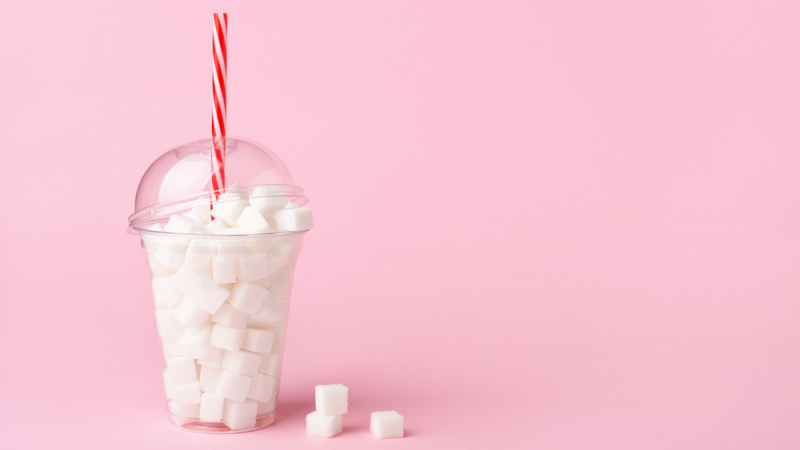
Large Amounts of Sugar Are Turned into Fat in Your Liver -
Many people consume more added sugar daily than they realize. A high sugar diet is linked to weight gain. Fructose is specifically connected to a significant rise in the dangerous fat around your organs and belly. Visceral fat, or belly fat, is what this is.
In particular, a diet high in SSBs (e.g., sodas, specialty coffees, fruit juices, energy drinks) is associated with increased visceral abdominal fat. Heart disease and type 2 diabetes are linked to having an excessive amount of abdominal fat. 32 healthy participants in the 10-week research drank beverages with fructose or glucose as the sweeten. While skin fat increased in those who consumed glucose, belly fat dramatically increased in those who consumed fructose.

Sugar Drastically Increases Belly Fat Accumulation 
Sugar Drastically Increases Belly Fat Accumulation -
Insulin is a hormone that transports glucose from your bloodstream to your cells. But when you consume sugar-sweetened beverages, your cells may lose their sensitivity to or sensitivity to the insulin's actions.
In order to eliminate the glucose from your bloodstream when this occurs, your pancreas must produce more insulin, which causes your blood insulin levels to rise. Insulin resistance is the term for this problem. A prelude to type 2 diabetes and heart disease, metabolic syndrome is likely the result of insulin resistance. Studies on animals show that excessive fructose leads to insulin resistance and persistently high insulin levels. A study in healthy, young men demonstrated that moderate fructose consumption enhanced liver insulin resistance.

Sugary Soda May Cause Insulin Resistance — a Key Feature of Metabolic Syndrome 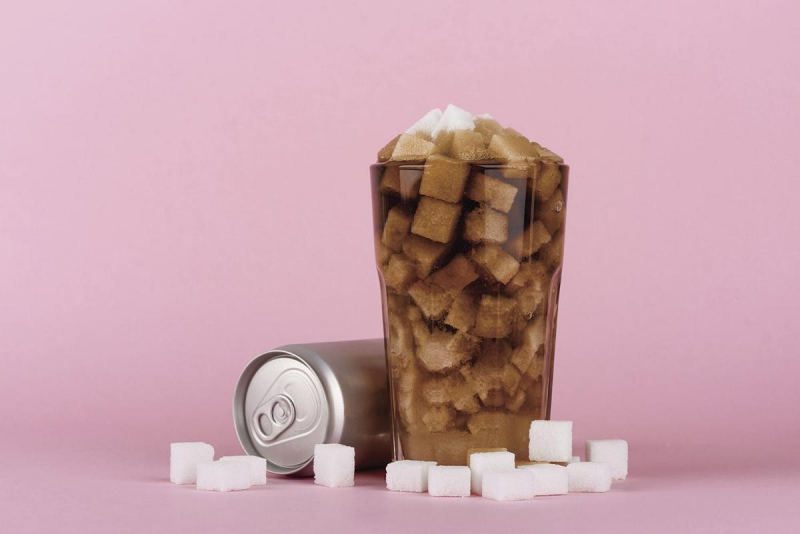
Sugary Soda May Cause Insulin Resistance — a Key Feature of Metabolic Syndrome -
Millions of people worldwide suffer from type 2 diabetes, which is a widespread disease. Elevated blood sugar brought on by insulin resistance or deficiency characterizes it.
It is not unexpected that numerous studies have linked soda drinking to type 2 diabetes because excessive fructose intake may cause insulin resistance. In fact, it has been consistently shown that consuming even one can of sugary soda every day increases the risk of type 2 diabetes. The risk of type 2 diabetes rose by 1.1% for every 150 calories of sugar consumed daily, or roughly 1 can of soda, according to a recent study that examined sugar consumption and diabetes in 175 countries. To put that into perspective, 3.6 million Americans might get type 2 diabetes if the entire country consumed one additional can of soda each day.
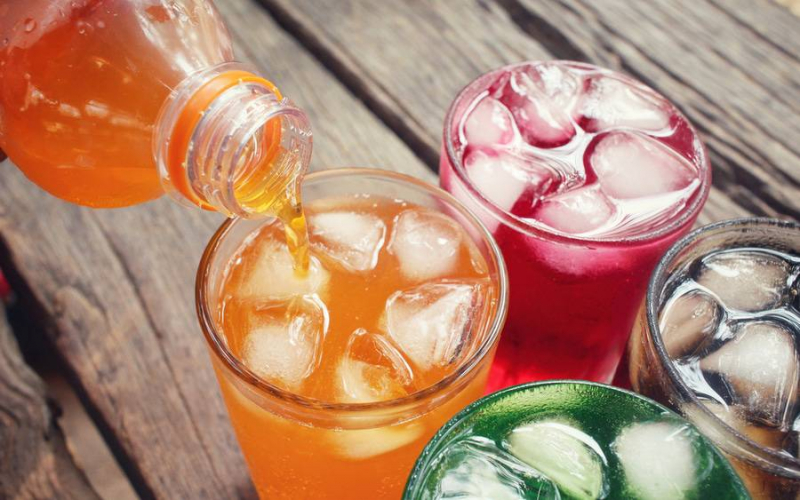
Sugar-Sweetened Beverages May Be the Leading Dietary Cause of Type 2 Diabetes 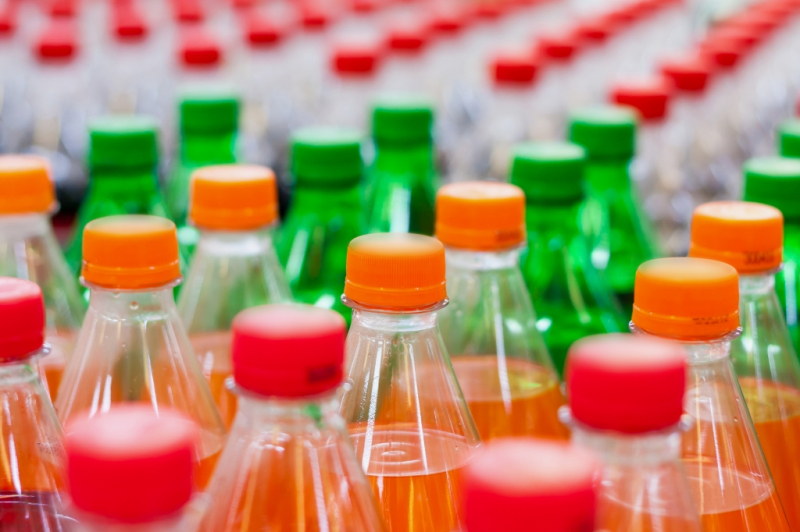
Sugar-Sweetened Beverages May Be the Leading Dietary Cause of Type 2 Diabetes -
Sugary soda is the single largest source of calories and added sugar. It is almost completely devoid of all essential nutrients, including vitamins, minerals, and fiber. Nothing but excessive amounts of extra sugar and useless calories are added to your diet by it.
Soda tends to increase your risk of disease in a dose-dependent manner. This means that the more soda you drink, the higher your risk of disease — even if you only drink small amounts. So many health organizations have published official statements encouraging consumers to consume fewer sugary drinks, and some countries have even gone so far as to impose a tax on sugary soda.
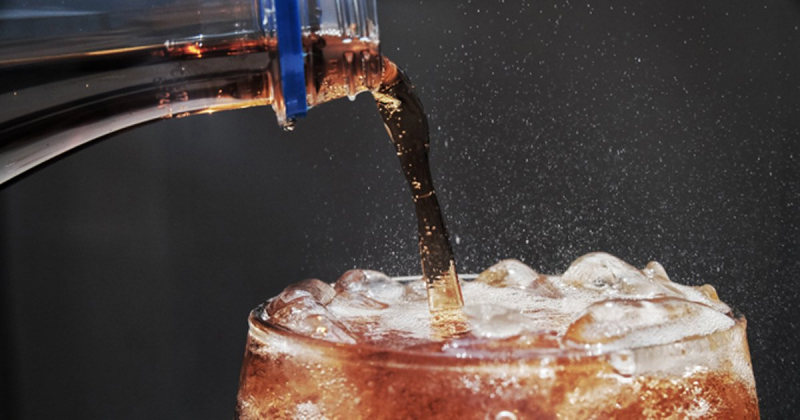
Sugary Soda Contains No Essential Nutrients — Just Sugar 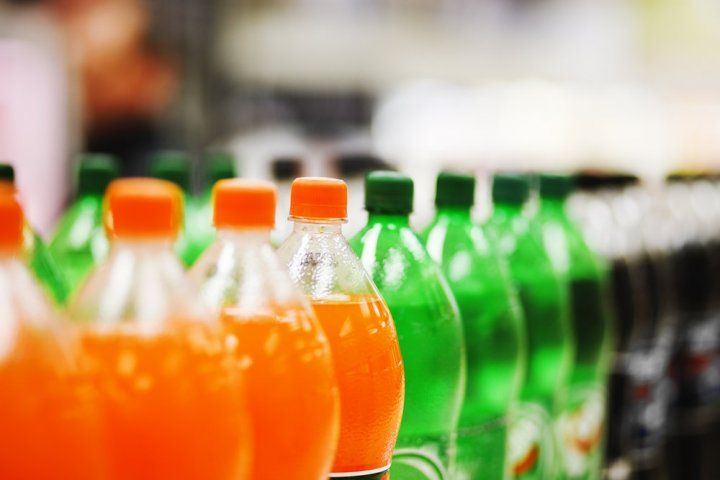
Sugary Soda Contains No Essential Nutrients — Just Sugar -
The hormone leptin is produced by the fat cells in your body. It controls the number of calories you take in and burn. Leptin levels change in response to both starvation and obesity, so it’s often called the fullness or starvation hormone.
The ability to resist the effects of this hormone, or leptin resistance, is now thought to be one of the main causes of human fat gain. In fact, animal studies link fructose intake to leptin resistance. In one experiment, rats were fed a lot of fructose, which caused them to develop leptin resistance. Surprisingly, leptin resistance disappeared when they switched to a sugar-free diet. But human studies are still required.
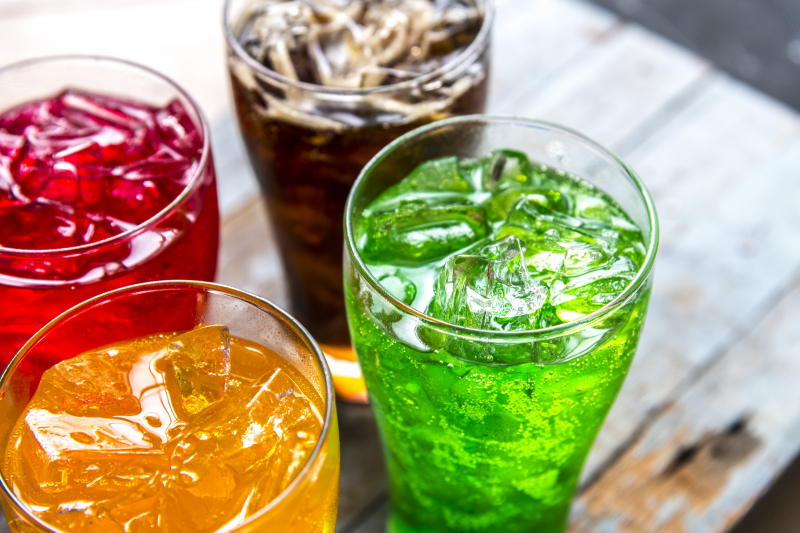
Sugar May Cause Leptin Resistance 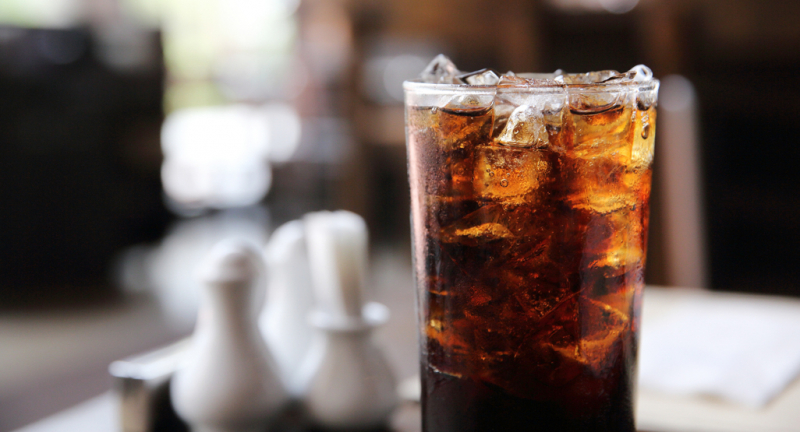
Sugar May Cause Leptin Resistance -
It's possible that sugary soda has an addictive quality. Dopamine release in the brain and a sense of pleasure may result from a sugar splurge in rats. Because your brain is hardwired to seek out activities that release dopamine, some people may experience similar results from binge eating on sugar.
Numerous studies believe that sugar and processed junk food have an addictive effect on the brain. Sugar has the potential to lead to food addiction in people who are predisposed to the disease. Sugar can be physically addicting, according to studies done on rats. Human addiction is more difficult to prove, although many people use sugary drinks in a way that is typical of addictive, harmful substances.
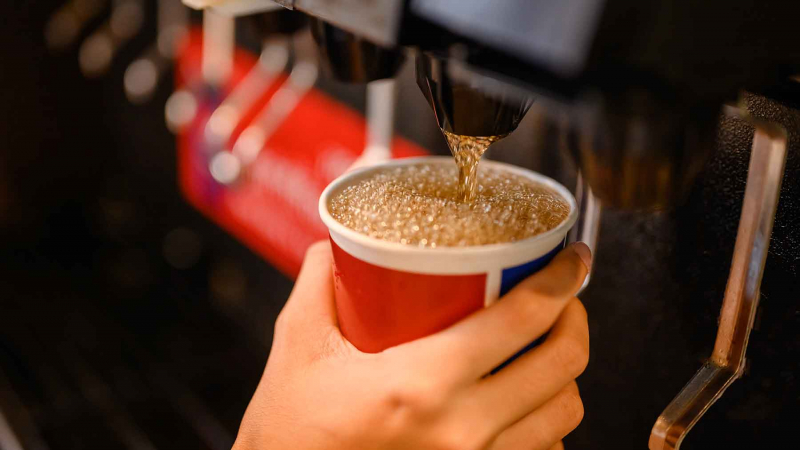
Sugary Soda May Be Addictive 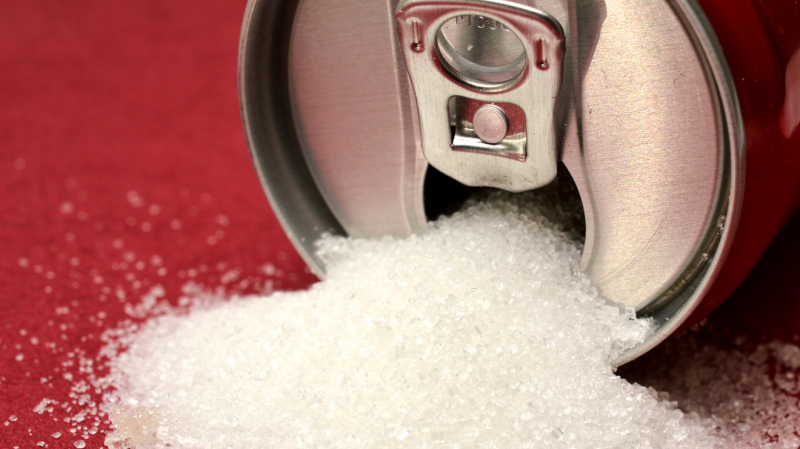
Sugary Soda May Be Addictive -
Heart disease risk has long been linked to sugar consumption. It is well known that drinking drinks with added sugar raise risk factors for heart disease such as high blood sugar, blood triglycerides, and small, dense LDL particles.
In all populations, recent studies on humans have found a strong link between sugar consumption and the risk of heart disease. A 20-year study of 40,000 men found that those who drank one sugary drink per day had a 20% increased chance of having a heart attack or passing away from one as compared to those who drank them rarely. In addition, frequent soda drinkers had less risk, clocking in at a 23% greater likelihood of cardiovascular disease overall.
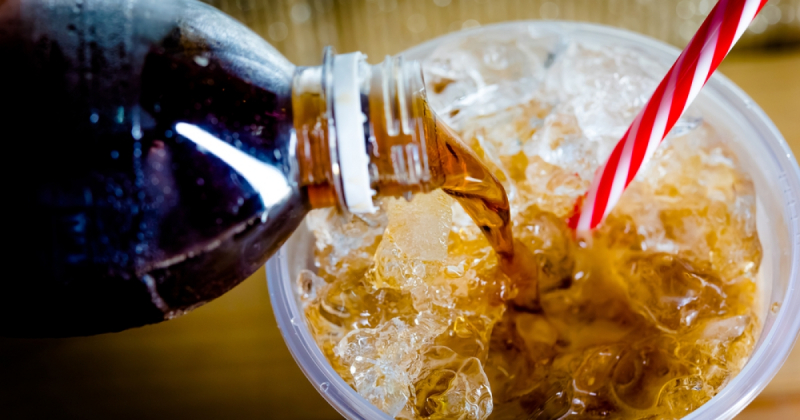
Sugary Beverages May Increase Heart Disease Risk 
Sugary Beverages May Increase Heart Disease Risk -
Obesity, type 2 diabetes, and heart disease are all relative effects of cancer. It is therefore not surprising to discover that drinking sweetened drinks are regularly linked to a higher risk of developing cancer.
According to one study including over 60,000 adults, those who drank two or more sugary sodas per week had an 87% increased risk of pancreatic cancer compared to those who did not. A substantial association between women and pancreatic cancer was discovered in another study. Endometrial cancer, or cancer of the uterus's inner lining, may be more common in postmenopausal women who regularly consume sugary drinks.
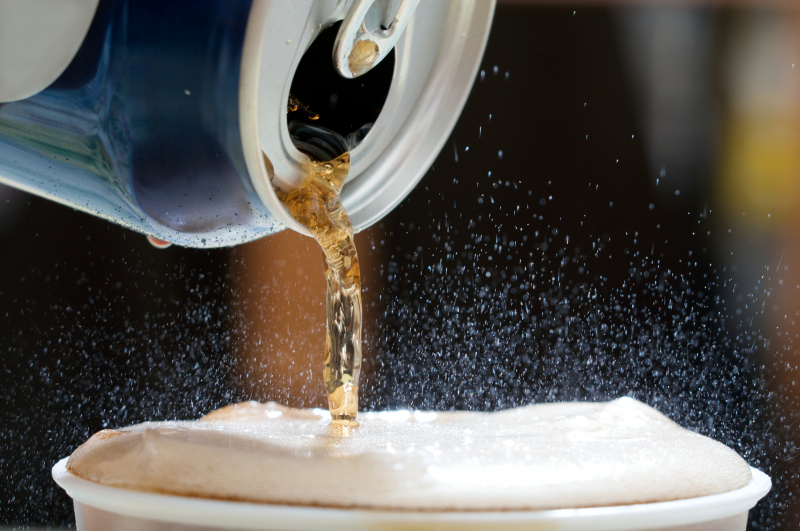
Soda Drinkers Have a Higher Risk of Cancer 
Soda Drinkers Have a Higher Risk of Cancer












